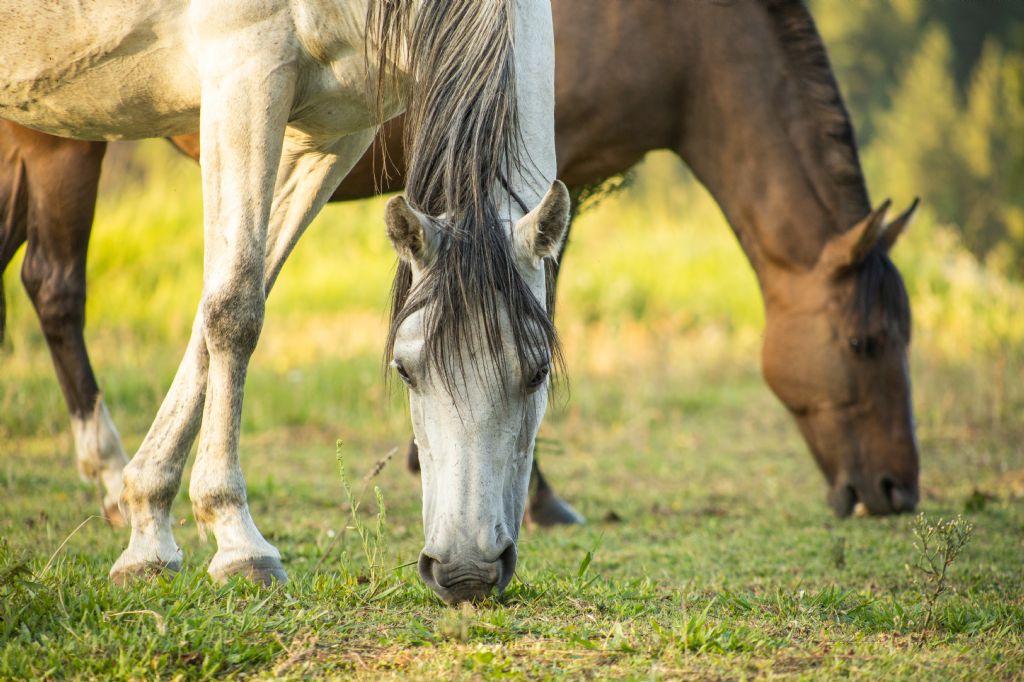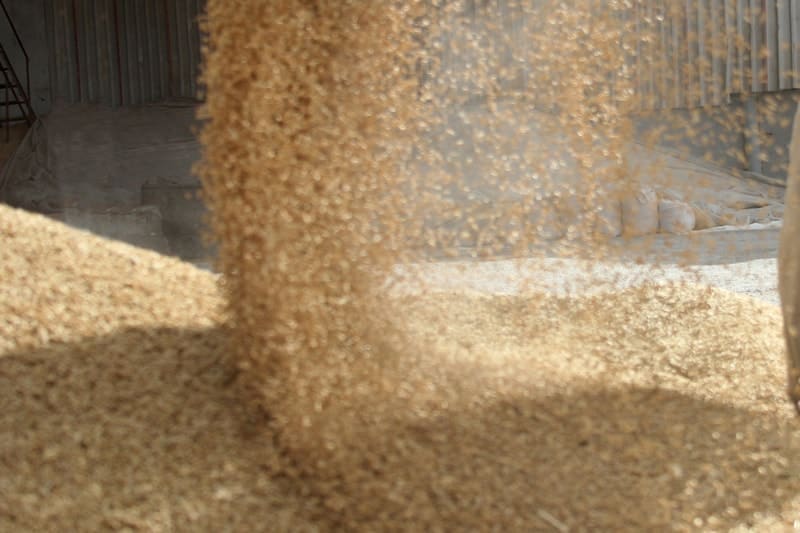Bluegrass News
Pituitary Pars Intermedia Dysfunction (PPID) or Cushing’s Disease is a degenerative endocrine disorder commonly affecting senior horses or ponies, though younger animals can also be affected.
What is PPID?
PPID occurs due to abnormal communication between the pituitary gland and hypothalamus in the brain. The pituitary gland becomes hyperactive resulting in an excessive release of hormones such as Adrenocorticotrophic Hormone (ACTH), which is routinely measured as part of diagnosis and treatment. The increased amounts of ACTH negatively impact other hormones such as cortisol resulting in impaired maintenance of blood sugar and immune function.
Common Signs
- Excessive hair growth and the inability to naturally shed their coat in summer.
- Lethargic
- Loss of appetite
- Weight loss
- Excessive drinking
- Excessive urination
- Excessive sweating
Treatment
Treatment involves routine administration of medication commonly Pergolide, however, some owners may choose not to medicate depending on the animal’s individual clinical signs.
Management Tips
- Monitor body condition and weight.
Loss of appetite associated with PPID can lead to weight loss, by keeping a regular record of their weight and body condition score, these changes can be identified early.
- Provide a balanced diet
For overweight horses or ponies with PPID, hay is a good choice of forage due to the lower glycaemic content. Along with a low-calorie balancer such as Bluegrass Stamm 30, which will provide nutrients that may be deficient in the forage.
The addition of calories to a hay and balancer diet is suitable for underweight horses and ponies in the form of Equi-Jewel or Flax Plus, or alternatively feeding a low starch, low sugar and high fibre concentrates such as Bluegrass Re-Solve cubes or Re-Leve mix.
Vitamin E is an important nutrient in the diet of horses and ponies with PPID due to its role in the horse's immune system. Providing a balanced diet will meet vitamin E requirements, and in some cases, additional supplementation may be required, such as Nano -E from Kentucky Equine Research.
- Grass management
Horses and ponies suffering PPID are often associated with developing equine metabolic syndrome (EMS) and laminitis, therefore it is vital that grazing is restricted, particularly during spring when non-structural carbohydrate levels fluctuate.
Grazing can be restricted by using a muzzle, avoiding turnout to large paddocks or by restricting grazing turnout, however, this must be monitored as some studies have shown ponies to overeat when restricted to time at grass.
Avoid overgrazing and take care of the time of day for restricted grazing turnout as fructan levels are highest late afternoon. Grass management is also important for parasite control which poses a greater risk for PPID suffers due to their reduced immune function.
For further advice or to receive a tailored diet plan for your horse, contact the Bluegrass Horse Feed nutritional helpline - +44 (0)28 3754 8276 or info@bluegrasshorsefeed.com
*Read more on PPID with the Kentucky Equine Research Fact Sheet












